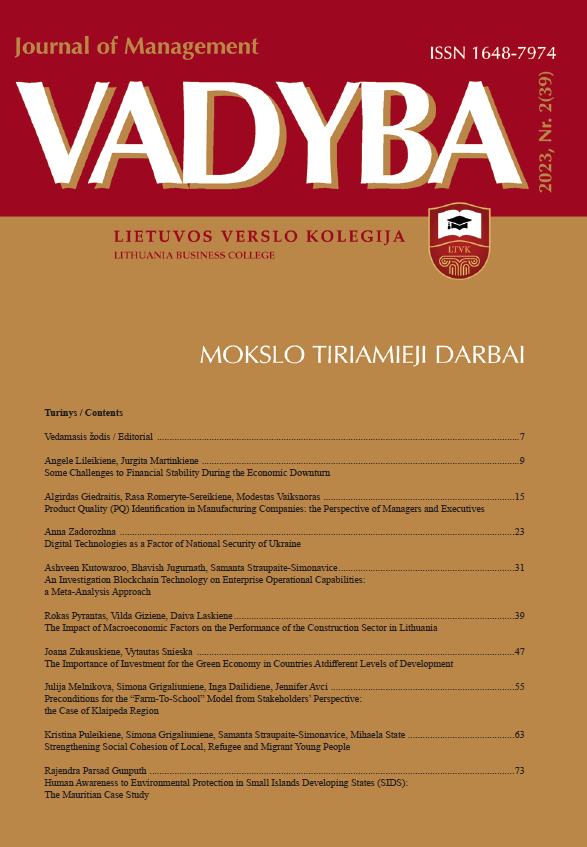PRECONDITIONS FOR THE "FARM-TO-SCHOOL" MODEL FROM STAKEHOLDERS' PERSPECTIVE: THE CASE OF KLAIPEDA REGION
PRECONDITIONS FOR THE "FARM-TO-SCHOOL" MODEL FROM STAKEHOLDERS' PERSPECTIVE: THE CASE OF KLAIPEDA REGION
Author(s): Melnikova Julija, Dailidienė Inga, Grigaliūnienė Simona, Avci JenniferSubject(s): Education, Agriculture
Published by: Lietuvos verslo kolegija
Keywords: Farm-to-school programme; stakeholder involvement; Klaipeda region;
Summary/Abstract: Farm-to-school programs represent a global movement aimed at bolstering childhood nutrition, enhancing the quality of school meals, and empowering of local markets. However, these initiatives exhibit significant diversity in their implementation strategies across different countries and remain variably defined in both research and program evaluation literature. In the context of the Klaipeda region project, Farm-to-school programs could be conceptualized as initiatives centred around local or regional food procurement, alongside agriculture and nutrition-based educational endeavours. These activities would encompass the provision of locally sourced foods in schools, the facilitation of educational sessions, and the establishment of school gardens, all aimed at bridging the gap between educational institutions, local farmers, food producers, and distributors. The overarching goal is to integrate fresh, locally sourced food into both school cafeterias and curricula. The research findings, based on interviews conducted in the Klaipeda region with municipality specialists, shed light on the specific nuances of possible Farm-to-school program implementation in this region. Key takeaways from the responses include the commitment to regulatory compliance with Green Public Procurement rules, with a strong emphasis on sourcing food produced within Lithuania. Despite their dedication to supporting local agriculture and providing fresh, locally sourced food, these programmes grapple with challenges related to quantity, cost, administrative hurdles, and procurement policies. Decision-making processes are influenced by a diverse array of stakeholders, including municipal bodies and the broader community.
Journal: VADYBA
- Issue Year: 39/2023
- Issue No: 2
- Page Range: 55-61
- Page Count: 7
- Language: English

